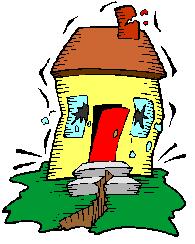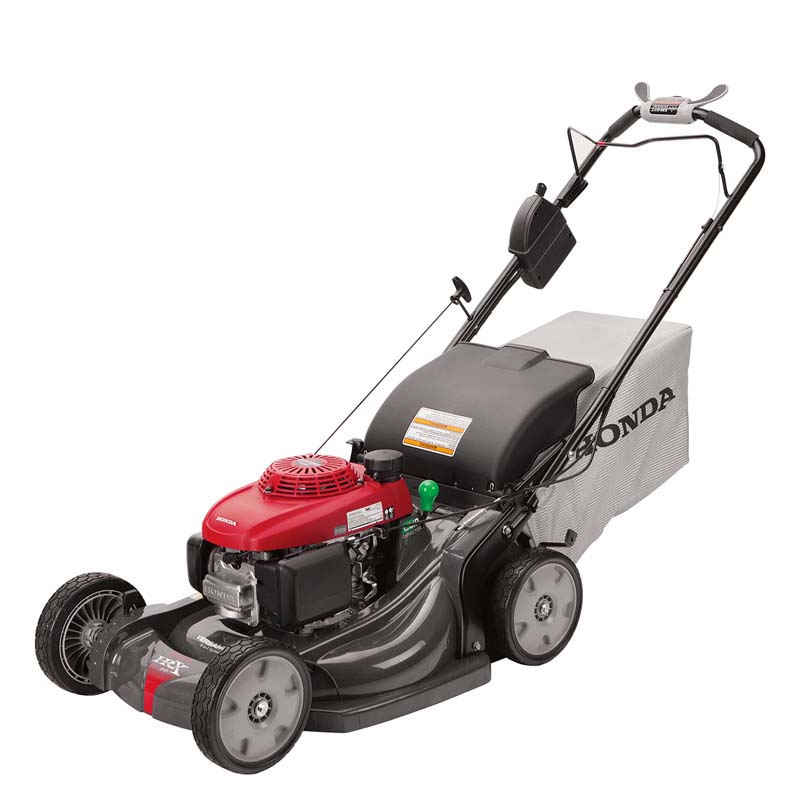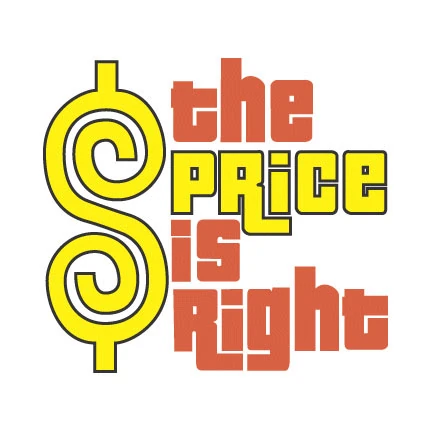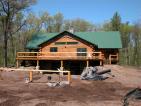It’s no secret that social media has come to be extremely embraced in many different facets of our lives. Because of social media, we hear news seconds after it happens, communicate with people from all over the world, and have endless ways to spread ideas. With all of this in mind, doesn’t it seem like you should be using social media to boost your real estate or property management business?
Social media is an awesome tool to get the word out about something to a lot of people at once. Social media is typically also free, so using it to your advantage has virtually no cost to you. Another great thing about using social media is the variety and flexibility that you have available. There are all kinds of social media websites and applications, that allow you to share and spread loads of different content.
As a property manager or real estate agent, you can use social media in tons of ways. For starters, you should have social media accounts for your business and post from them regularly to generate traffic and have a follower base. If you have a property for sale o r for rent, post it on a social media site! Not only is this incredibly easy, but you also have the power to share it and have others share it as well. Maybe you’re trying to find a way to bring all your tenants together but you’re not really sure how…social media! You can create a post or event that will reach out to everyone at once.
r for rent, post it on a social media site! Not only is this incredibly easy, but you also have the power to share it and have others share it as well. Maybe you’re trying to find a way to bring all your tenants together but you’re not really sure how…social media! You can create a post or event that will reach out to everyone at once.
Do some research about your target market and what the preferred form of social media is within that market, you’d be surprised at how far it’ll take you!






 move out.
move out.

